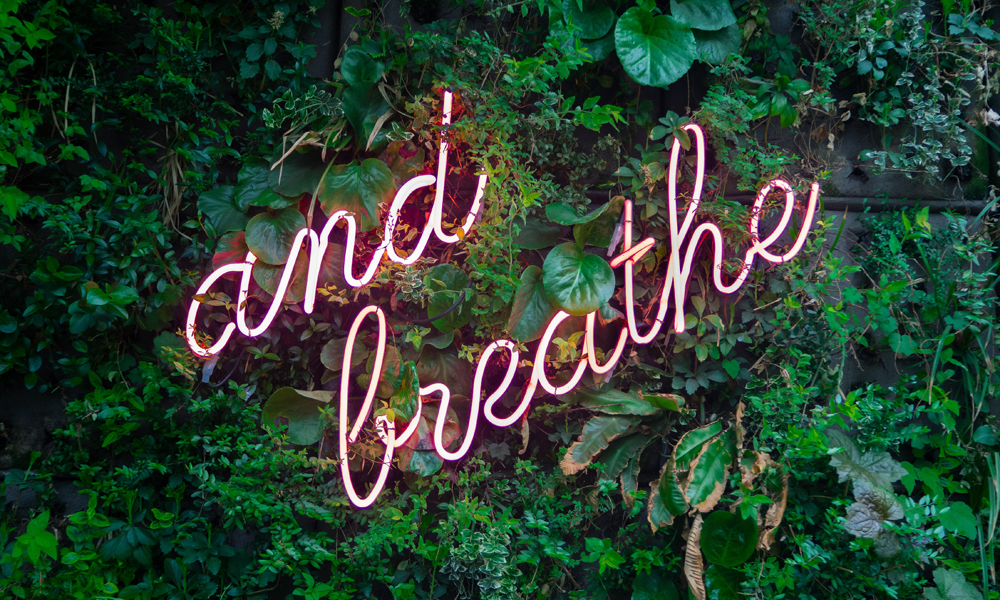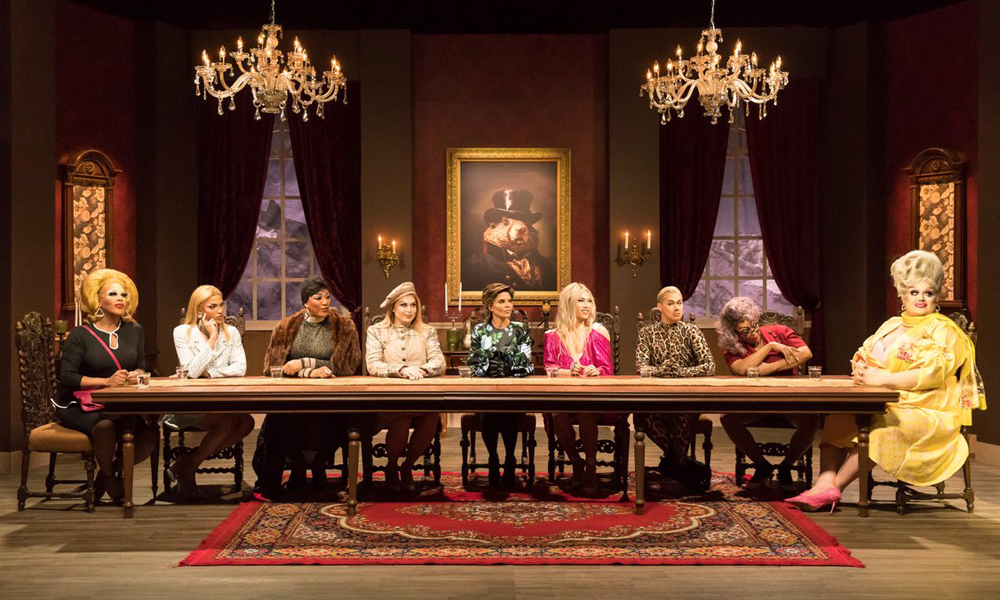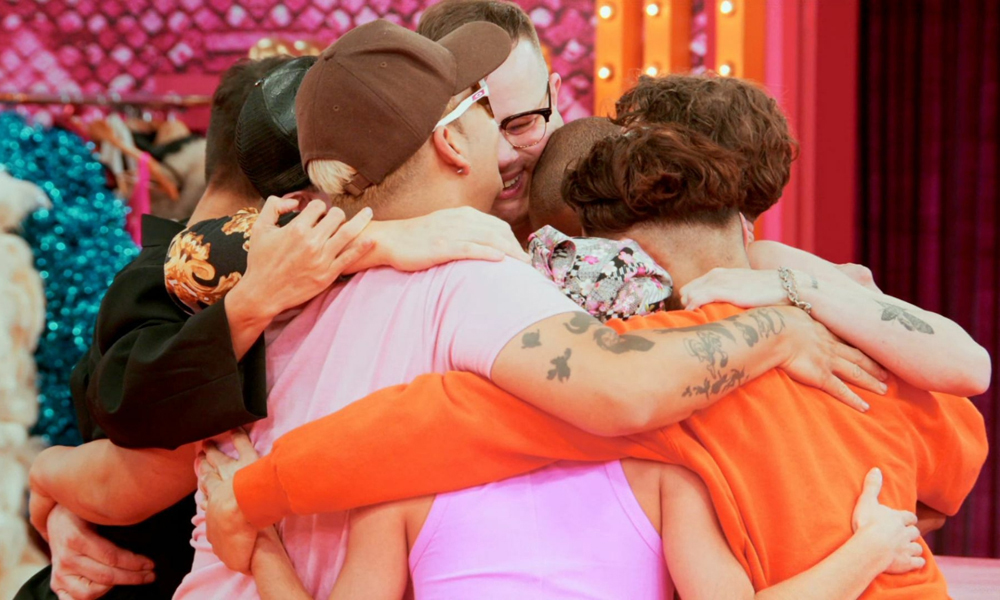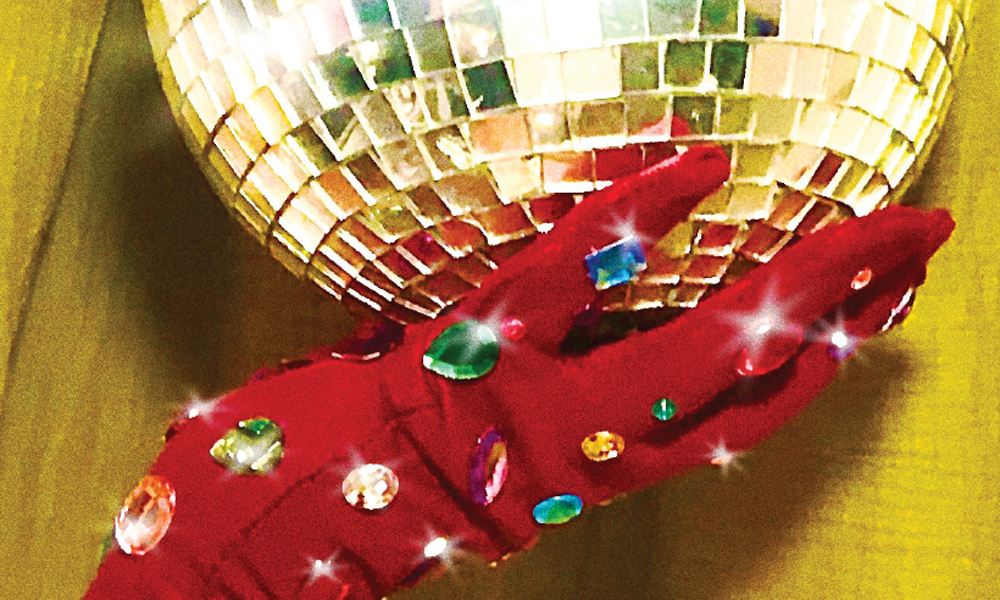Somehow we have bought into the idea that our outer looks are a sign of our inner morality…
By Jesse Boland
Despite the hundreds of advertisements we are exposed to daily, all attempting to sell us a cacophony of useless items and services, we are really being sold only two products. The first is hope: hope that if I pay $65 for a haircut, it’ll make me hate what I see in the mirror less; hope that this new gym will give me the body I’ve always wanted because it charges twice as much as my current one; hope for a better life if I change everything about myself by simply paying for premiums on everything that I currently use…because dress for the job you want, not the job you have, right? The second product we are sold is desperation – the dreadful shadow of hope – telling us that there is a price to pay if we refuse to pay for every single temptation that is placed before us. Through our store-bought capitulation, we consent to the idea that beauty is a choice for those who are willing to put in the work to achieve it, and unattractiveness is a punishment for those who are too lazy or unwilling to seek betterment.
The Self-Care Industrial Complex provides us with various forms of luxury packages to improve our self-esteem through the mediums of therapy, self-help books, and the music Selena Gomez makes when she isn’t harassing her ex-boyfriend’s wife of seven years on Instagram – but are those tools enough to survive a culture that sells us misguided notions of self-love for a premium and charges us interest for rejecting said promotion?
Beauty has gone from being an aesthetic virtue or a state of mind to being seen as a virtuous reward for being a good person…or so it seems we have collectively decided. To be considered physically attractive is seen not simply as a blessing of genetics that one’s physical features blend together to create a pleasing delineation of the human form, but more so a status symbol of biological and social hierarchy. If someone is attractive, not only do they possess admirable discipline in their fitness and diet to have obtained such an exquisite physique and glowing skin, but they must also unquestionably be a good person to have been given the karmic gift of attractiveness to match the beauty on the inside – it only makes sense, right?
The commodity of beauty serves not only as a cultural currency to uphold the standards of how a respectable individual should present in order to survive in their social environment, but as a litmus test to critique those who fail to achieve said standards. When conventional beauty is understood as conformity to the cultural respectability standards of the status quo, to fail to conform to these ever-changing standards of beauty is seen as an act of rebellion and thus deserving of punishment.
In the same manner of beauty being a gift of virtue, ugliness is seen as a consequence of one’s moral failings for which the ‘ugly’ person must repent. Common natural features such as cellulite, receding hairlines, acne, wrinkles – and basically anything else that 99.9 per cent of regular people endure – are not just seen as biological imperfections of aesthetic that are to be shrugged off as a part of being human, but as consequences of the individual’s own moral failings to better themselves and a justification for them to be critiqued by others. Given that for any physical imperfection one may have, there is some product or service out there that can fix it, neglecting to desperately fork over money to fix that ‘hideousness’ is understood as a conscious choice to present in whichever way our genetics have decided for us and thus opening us up to whatever unwarranted criticisms come our way.
The digitization of predominant human socialization has reduced the majority of our personhoods to photographs that work as our avatars in our day-to-day lives. The significance of taking a good picture that will serve as your avatar in your daily life – be it your LinkedIn head shot that lands you your dream job, or your vacation thirst-trap that impresses your Tinder match and leads to your true love and happily ever after – has created a terrifying urgency of vanity in our need to look good. While we may tell ourselves that confidence is key and that beauty comes from the inside, the digital age of media sharing has proven that one good photo can be life-changing. Want proof? Consider Australian supermodel Jordan Barrett, who was first discovered by mega-agency ICM Australia after being arrested and producing a striking mugshot, showing that even getting arrested can improve your life exponentially if you are considered hot enough. But then there are the more complex instances in which one’s beauty is less objective and becomes a subject for cultural debate, consent optional.
While Kony 2012 (a documentary film about Ugandan war criminal Joseph Kony) is rightfully considered to be the most significant internet phenomenon of the 2010s, let’s not forget the cyber cataclysm that was the story of a young Alex Christopher LaBeouf, better known by his given title of Alex from Target. For those of you who may have rightfully blocked out much of life during 2014, the story of Alex from Target is that one day, a young man went to his retail job as he normally would, unaware that he had been photographed by a young girl who posted his photo online without his consent. Within hours he became a viral sensation for what was perceived by some as his conventional good lucks while others debated his attractiveness and tore him apart for their perceived notions of him being basic or even ugly – all because he was scanning items for minimum wage.
The debate over whether he is in fact attractive or not is irrelevant: what is most fascinating is how he even became a subject of international debate to begin with simply by going about his day-to-day life, and how he was stripped of his autonomy by a stranger who felt entitled to snap his photo and post it, as well as by millions of strangers who considered the quality of his face to be water cooler conversation. While this story came and went as fast as the majority of pre-Trump-era viral sensations, the story of Alex from Target served as patient zero for the trend of photographing civilians and reducing their personhood to internet content because of our opinions on their appearances. Beauty and/or its lack thereof has always been a subject for human discussion, but through digital culture has exploded into a realm of faux-intellectualism wherein an innocuous photograph of a total stranger existing in public can serve as the crux for global debates over beauty standards without the person in question even being aware. And that should terrify us.
How do we survive in a world that constantly moves the goalpost for what it means to be attractive yet reprimands us for failing, that teaches us it doesn’t matter what people think of us yet leaves us on our own to endure the barrage of insults and condemnations that come our way from self-appointed critics of human value, and to listen to the hollow voices of the Self-care Industrial Complex that tells us to love ourselves when in fact it only loves our money? Simple: you shrug and keep it pushing, sis. Beauty is a game, and like any game there are winners, losers, rules, cheaters, and people who choose not to participate. There is not one person alive who hasn’t been made to feel self-conscious about their appearance for simply existing, and on the day that changes, it will mean the collapse of numerous multi-billion dollar industries that thrive on our feelings of insecurity to buy their products…so maybe don’t count on it anytime soon.
What may hopefully bring a glimmer of hope is the reminder that conventional attractiveness is not a gift but an obligation. For those who are revered for their beauty of desirable physique, remember that upon their glowing complexions an invisible target is engraved, and at the first inclination of waning beauty – weight gain, greying hair, crow’s feet, etc. – they will fall off their throne of biological hierarchy and have their flaws (or flaw) dissected to the delight of their spectators.
One of the best things that has ever happened to my self-esteem was joining a gym in West Hollywood occupied predominantly by models, dancers, actors and porn stars exhibiting the most cartoonishly well-crafted and chiselled bodies – a look I didn’t believe was possible until I actually saw them inches from my face in a cramped locker room. While one would think this would send me into a spiral of self-hate and body dysmorphia, in fact it was only upon seeing the insanity of what these men put their bodies through in their cyborg-like lifestyles that I accepted I would never look like them, and I wasn’t missing out.
Beauty is a game, but for some people that game is an entire career on its own, where every perceived imperfection could be what hinders their next gig, and for them it’s a driving force to go to the gym nine times a week and not even look at a carb past 7 pm. But that’s not my story, and I’m glad it’s not. I’m fortunate enough to live a life where few people really care about how I look or how I dress – besides receiving some rude comments on my off days, and I can survive that. Understanding that beauty is not a signifier of moral superiority and is a finite currency has also been what has freed me in knowing that it’s not the end of the world if I maybe dress like a background character in Riverdale or have a face that’s been described as “easy to draw,” because I’m more than that. Self-love won’t save us from a world that wants to destroy us, but it makes life a little bit easier as we walk through it together.
JESSE BOLAND is that gay kid in class who your English teacher always believed in. He’s a graduate of English at Ryerson University (now Toronto Metropolitan University) who has a passion for giving a voice to people who don’t have data on their phones and who chases his dreams by foot because he never got his driver’s licence.







POST A COMMENT